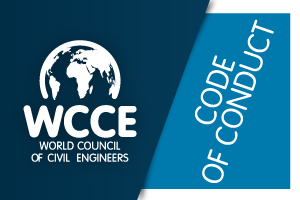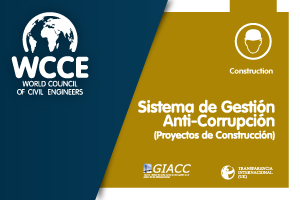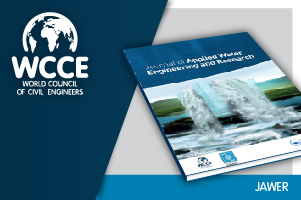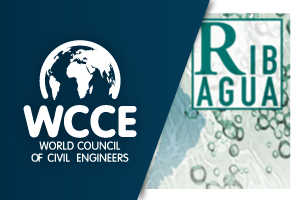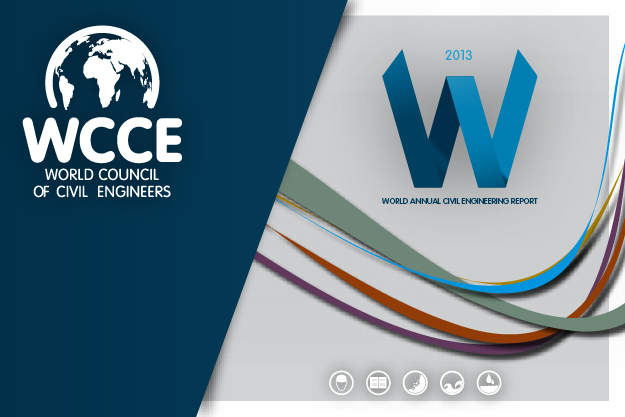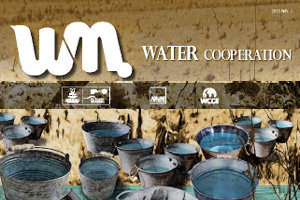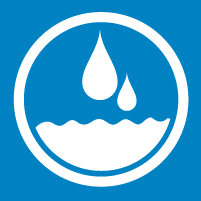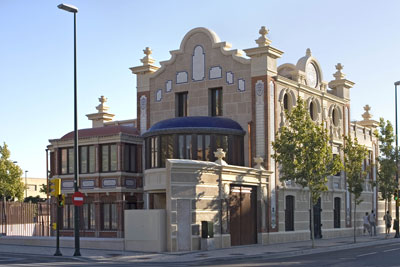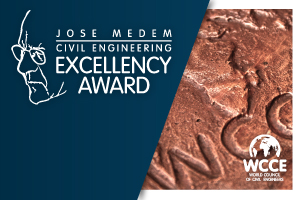As part of the UN Water Dialogue Series in Casa Solans, this 3rd dialogue addressed the issue of Water Safety Plans (WSPs). The 3rd edition of the World Health Organization (WHO) Guidelines for Drinking Water Quality recommends the adoption and implementation of Water Safety Plans as the most effective means to consistently ensure the safety of drinking-water supplies at all levels, from catchment to consumer. This integrated tool requires engaging all stakeholders, from health and environment authorities to water operators and consumers. WSPs should be implemented within a public health context, respond to standard health and quality indicators and checked by independent surveillance. To debate on Water Safety Plans, implementation protocols and on specific challenges during the implementation phase in Spain and other countries, national experts and officers met and shared their experiences and recommendations with WHO representatives participating in this 3rd Dialogue.
World leaders finalized an agreement at Rio+20 today that will advance action on sustainable development, as businesses, governments, civil society and multilateral development banks announced hundreds of voluntary commitments to shape a more sustainable future for the benefit of the planet and its people. The full package of agreements, actions, commitments, challenges, initiatives and announcements made at Rio+20, the UN Conference on Sustainable Development, addresses a range of global issues that includes access to clean energy, food security, water and sustainable transportation.
"Rio+20 has given us a solid platform to build on," UN Secretary-General Ban Ki-moon said. "Rio+20 has affirmed fundamental principles -- renewed essential commitments-and given us new direction."
Dear members,
World Council of Civil Engineers (WCCE) in collaboration with IAHR and Taylor and Francis is conducting a survey using SurveyMonkey to explore launching a new peer-reviewed journal focussed on best practice, case studies and application of research to bridge the gap between academia and the world of practice in the area of water.
You are invited to participate in this research project because of your importance in our Association. If you like we will follow up in a few days with a telephone call to help you to fill the survey on line (20 minutes). In addition to the selected group of people in which you are involved, the survey will be sent to a largest number of contacts -with no telephone follow up.- An Apple ipod plus a free IAHR membership will be raffled among all the respondants the week after the deadline, which is May 25th.
If you have any questions about the research study, please contact Estibaliz Serrano at
The Lisbon 21 World Forum on Water, Energy and Sustainable Development was held at the Geographic Society of Lisbon (Portugal) on October 24th and 25th, 2011. The Lisbon 21 World Forum was conceived as a proposal for bringing together institutions and civil society to raise general social awareness of the problems of sustainable development. The debate focused on Water and Energy and compared experiences on these two commodities over the last 20 years. More than 650 attendees participated at this event. It was structured as a central programme with eight round tables and five parallel sessions. Experts, institutions and businesses expounded their criteria and opinions. You can download the Lisbon 21 World Forum Executive Summary pdf here
The focus of this conference was water and the green economy. The green economy will be one of the two key themes for the United Nations Conference on Sustainable Development ‘Rio+20’. A green economy is one that promotes human well-being and social equity, while significantly reducing environmental risk and ecological scarcities. For water, this means managing water in a way that catalyses social and economic development, whilst also safeguarding freshwater ecosystems. The conference was held at the headquarters of the Ebro River Basin Authority in Zaragoza and has been organised by the UN Office to Support the International Decade for Action 'Water for Life' 2005-2015.
The conference brought together experts, UN professionals, stakeholders and journalists from five continents to discuss and share experiences of best practice in water management, and water and sanitation services provision. The cases presented innovative policies, projects and initiatives that generate the economic, social and environmental benefits that the green economy should deliver. Moving from theory to practice, the conference has illustrated how water can be a building block in the transition to a green economy, and will provide input to the preparations for Rio+20.
The structure of the three day conference was based around ‘tools’ which could be used to generate change and support the transition to a green economy.
International Conference "Water in the green economy in practice: towards Rio+20


